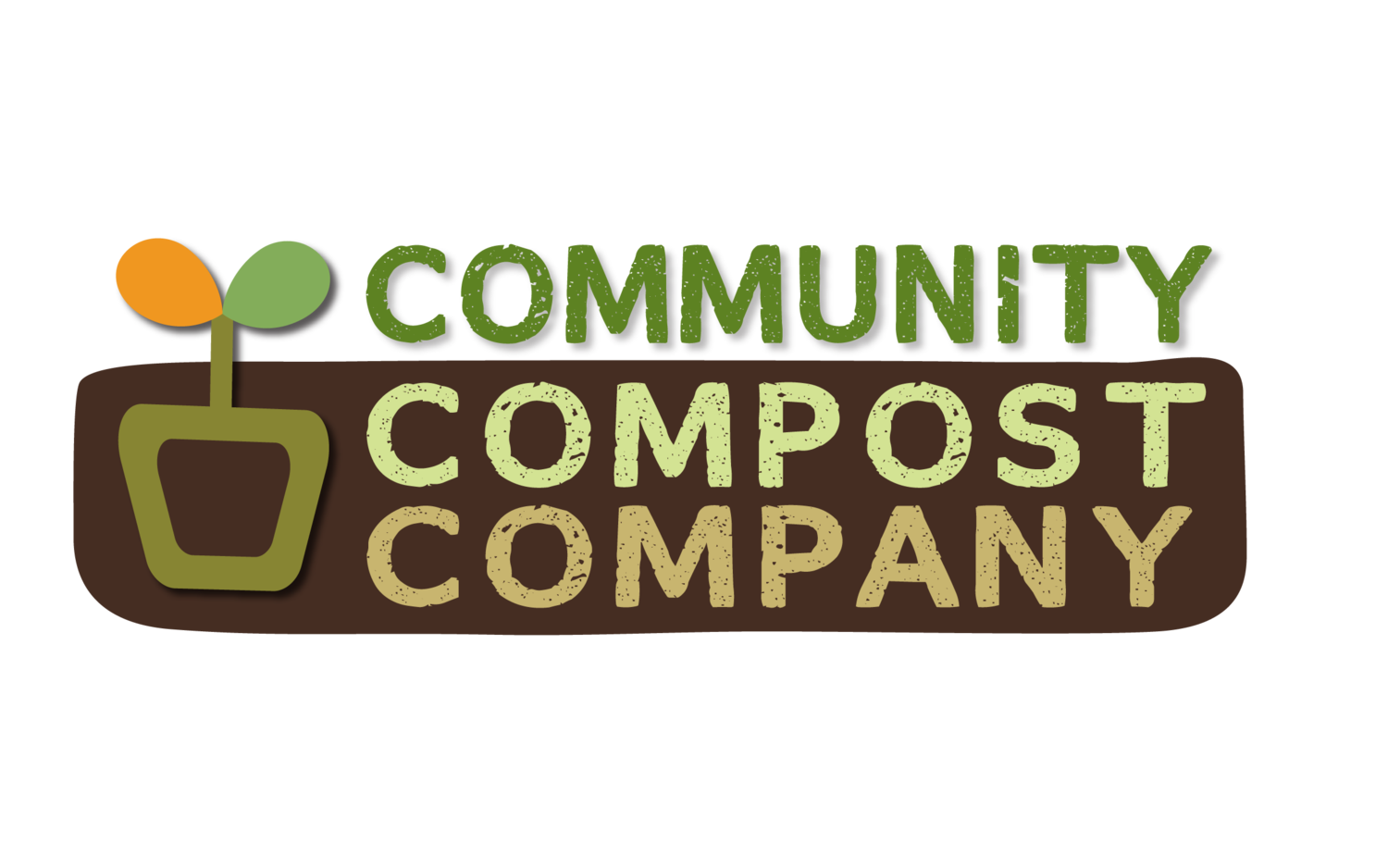PRESS
"It was really pretty straightforward for me," [Eileen Banyra] said. "It costs money to put food in a landfill; it takes up space unnecessarily. That food can be composted, the trick is doing it efficiently and profitably. I also wanted to do something that is proactive for climate change, which putting carbon back into the soil is part of a climate mitigation strategy."
—Construction Equipment Guide
“It works like this: Similar to trash and recycling pick-up services, Community Compost Co. collects bins residents and restaurants place outside weekly or bi-weekly with their truck. They then pile up this discarded food at their one-and-half acre facility in the Hudson Valley, shepherding the natural process of creating compost out of broken down food scraps.”
—New Jersey Monthly
“As many New Jersey residents focus their attention towards reducing food waste, an eco-minded business that services Hoboken and Jersey City is helping to stop an endless avalanche of food scraps from reaching landfills in the first place.”
—Hoboken Patch
“The full system involves taking food waste and using it to restore the soil and grow good food. It’s a common sense and a systems approach to organics recycling. You grow the food, you eat the food, you take what’s left over and make really good compost, then you spread the compost and grow more food. And, if you have good compost, you’re actually storing carbon in the soil, too. To me, that’s the best environmental thing I can do.”
—Livelihood Magazine
“Lindsay notes that educating customers about food waste is an important part of their model, and that they’re seeing good results: ‘Customers often report that they’re saving money on their grocery bill, because the process of separating their food waste has made them more conscious of it, and they’re making a more concerted effort to only buy what they will use.’”
—Hudson Valley Magazine
“A Quick Tip for Remembering What Can Be Composted ‘If it grows, it goes!’ ‘You can compost all vegetables, fruit, eggshells, coffee grounds, shredded paper, bread, etc. Collecting leaves in the fall is an excellent way to have a good source of carbon material for your compost mix.’”
—Dumpsters.com
“The EPA estimates that 20 percent of a household’s waste stream is comprised of food scraps. Garbage from Hoboken is transported to a landfill in West Virginia, and tipping fees are $100 per ton of waste. The city believes composting organic material will be an easy way to divert waste from the landfill, reduce greenhouse gas emissions and help save money by cutting down on landfill fees as well as the volume and frequency of garbage collection.”
—American City & County
“This spring marks the inaugural season for the Hudson Valley Farm Business Incubator, opened in October by Glynwood, an agricultural nonprofit. The 323-acre farm incubator is owned by the Open Space Institute in the Mohonk Preserve Foothills. And Community Compost Co., launched in New Paltz (NY) and Hoboken, New Jersey last May by co-owners Eileen Banyra and Noa Simons, will be one of the three fledgling businesses in its freshman class.”
—BioCycle
“Eileen Banyra would like to introduce you to ‘table to farm.’ Her company, Community Compost, will pick up your table scraps and organic waste and compost it, then sell the compost to local farms. She calls it ‘earthcycling.’”
—Hudson Valley Magazine




